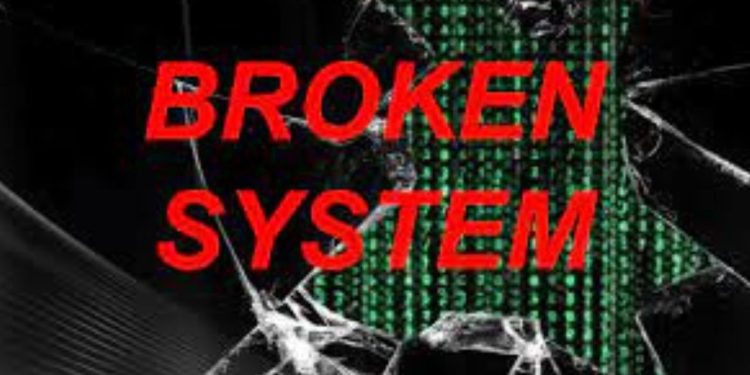Pakistan is currently grappling with several simultaneous challenges. A tussle between parliament and the Supreme Court is ongoing regarding the scheduling of general elections in Punjab. The ruling party has expressed reservations about the formation of a bench that issued a decision to hold elections in Punjab on May 14. However, it’s important to note that the Supreme Court does not have the authority to unilaterally announce election dates. The Election Act of 2017 explicitly states that only the President, after consulting with the Election Commission, can set the election date. To address concerns about the Supreme Court’s exercise of power, the government has passed the Supreme Court Practice and Procedural Bill during a joint session of parliament. This legislation aims to limit the Supreme Court’s authority and prevent it from becoming a one-man show.
It is imperative to establish clear limitations on the powers of judges as outlined in the constitution. The demands presented in the bill are not unconstitutional, as Chief Justices of Pakistan have occasionally taken suo moto actions unnecessarily, resulting in significant consequences for the nation. Unfortunately, while the Supreme Court is quick to intervene in matters beyond its purview, it has failed to address the reasons why public trust in the judiciary has eroded and why 51 thousand cases remain pending in courts. According to the World Justice Project (WJP) 2021 index, Pakistan ranked 130th out of 139 countries in adherence to the rule of law, yet this issue remains largely unaddressed.
Regrettably, judicial reform for the common citizen is not on the state’s agenda. It is often said that there are no sacred cows in the country, but no one seems willing to hold the judiciary accountable for its shortcomings and for the prolonged delays in delivering justice. Consequently, Pakistan finds itself grappling with multiple challenges simultaneously. Many people cannot afford even one meal a day, as the inflation rate continues to rise. Basic food items are becoming unaffordable for the average citizen, and skyrocketing prices are making it increasingly difficult for the middle class to make ends meet. People are queuing up for free flour, highlighting the severity of the situation. The economy is on the brink of default, with the rupee’s value steadily declining against the dollar.
While the ruling elite engages in a war of words, there seems to be a lack of concrete action to address these pressing issues. Instead, they often resort to blaming previous governments for all existing problems. The Pakistan Democratic Movement (PDM), which promised prosperity and relief, has failed to live up to people’s expectations, leading to disillusionment among the populace. Politicians’ empty promises have left the public exhausted and skeptical.
Consequently, a divide has emerged within the country’s judiciary, with ruling parties expressing doubts about the judiciary’s decision to hold elections in Punjab. Some parties are outright rejecting the Supreme Court’s verdict, while others, like the Pakistan Tehreek-e-Insaf (PTI), express satisfaction with the decision. The crucial question now is how the government can navigate this issue legally, especially since the Supreme Court has ordered the government to allocate 21 billion rupees to the Election Commission of Pakistan (ECP) for conducting elections.
If the government remains unwilling to comply with the Supreme Court’s decision, will it be prepared to face contempt of court charges? The current crisis appears to have no easy solution, as there is a lack of willingness among stakeholders to engage in dialogue. However, dialogue is the only avenue that can potentially lead to a resolution of this quagmire. All stakeholders must come to the table to address the issues hindering relief for the common man. Basic necessities are becoming increasingly unaffordable while salaries remain stagnant. To alleviate the suffering of ordinary citizens, the government should consider urging private firms and institutions to increase salaries. This measure could help ease the burdens faced by the common man in these challenging times.


